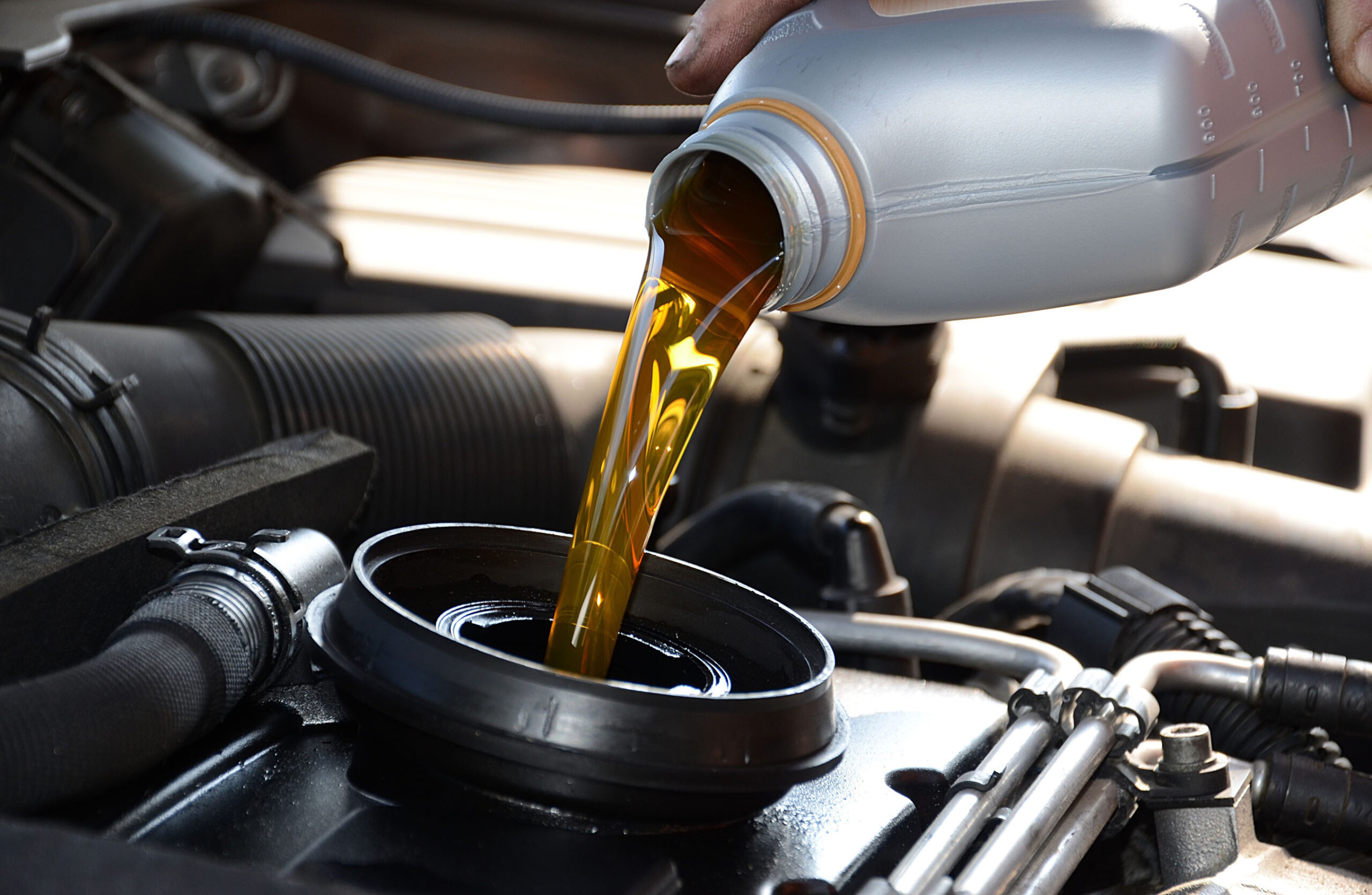Top 8 Advantages of Synthetic Oil and Lubricants
Today, businesses have to find various methods to boost the efficiency of their operations. Lubricants and synthetic oil are widely used in different types of industries. They help to keep your engine working smoothly for years.
Synthetic oils and lubricants are used in many car companies and other industries. Let us further discuss the benefits of synthetic oil and lubricants for industries.
Major benefits of synthetic oil and lubricants
Synthetic oil is very effective and used in various applications. It includes a unique molecular structure and provides many benefits such as:
1. Contains a low amount of impurities
Synthetic oil is effective in removing impurities from the crude oil. On the other hand, ordinary oil contains impurities such as phosphorus, sulfur, oxygen, and nitrogen. Synthetic oil can also be broken into a molecular structure and increases efficiency in the engine.
2. High viscosity index
nother benefit of synthetic oil is that it has a higher viscosity index than other components. It can be used in any kind of weather or temperature in the industry. Synthetic oil maintains a high flow ability rate even at a low temperature.
3. Uniform composition
Unlike conventional oil, the synthetic oil is made of base oils extracted from the ground. It is refined and broken down into a uniform molecular structure. Synthetic oil gives better lubrication than conventional oils because of high stability.
4. Contains high flash point
While normal mineral oils have a low flash point of 440 degrees F, synthetic oil has a higher flash point. It is less flammable and a safer solution than other mineral oils. Moreover, synthetic oil is perfect for advanced engine technology as it faces a higher temperature.
5. Gives good engine efficiency
Another benefit of using synthetic oil is that it makes engines more efficient. Engines containing synthetic oil need less horsepower and force to carry heavy loads. They will gain better efficiency with the regular use of synthetic oil.
6. Biodegradable product
Synthetic oil is a biodegradable product and helps to remove engine waste easily. It is also easier to break down synthetic oil into a uniform structure of molecules. Synthetic oil is not dangerous even if it is split.
7. Long service life
Synthetic oil and lubricants have longer service life than conventional oils. They do not need any frequent oil changes. Certain typical change intervals are between 5000 and 7000 miles. Some synthetic oils have longer intervals than other products.
8. Long shelf life
Synthetic oils and lubricants have a longer shelf life than other conventional oils. They also work for a longer time than other conventional oils. Synthetic oils decrease lubricant expenses with time.
Conclusion
These are the major benefits of synthetic oils and lubricants. They are safe to use in different types of engines. You can get premium quality synthetic oils and lubricants at an affordable range from Tribolubes. We are the Best Engine Oil Manufacturer In India with a huge customer base.





